What is Lichen Sclerosis?
Lichen sclerosus cannot be cured, but the symptoms can be managed proper treatment. With timely diagnosis and appropriate treatment, the progression of the condition can be slowed, and symptoms can improve significantly.
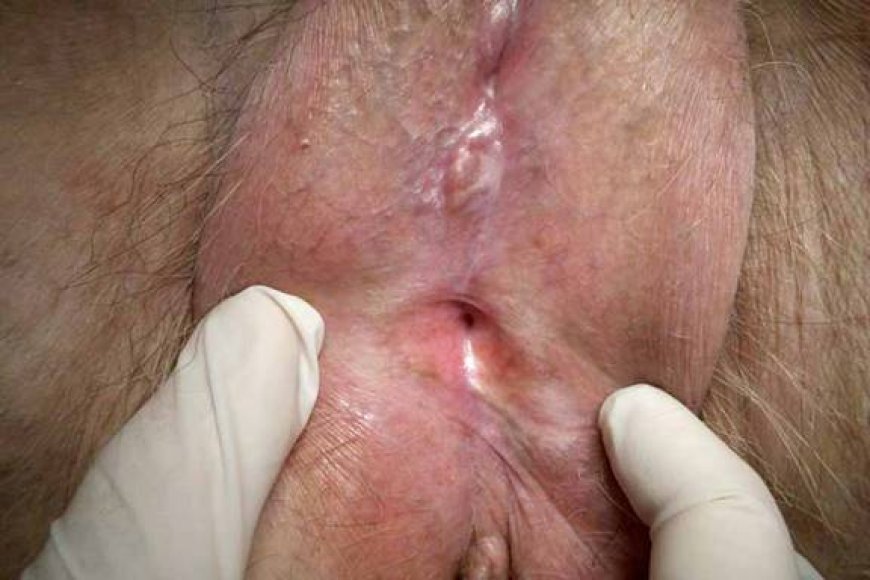
What is Lichen Sclerosis?
Lichen sclerosus (LS) is a chronic skin disorder that primarily affects the vulva in women, although it can also occur in men and other body areas. The exact cause of LS is unclear, but it is believed to be related to an autoimmune dysfunction, in which the body's immune system attacks its own tissues. LS can cause a range of uncomfortable symptoms , including :
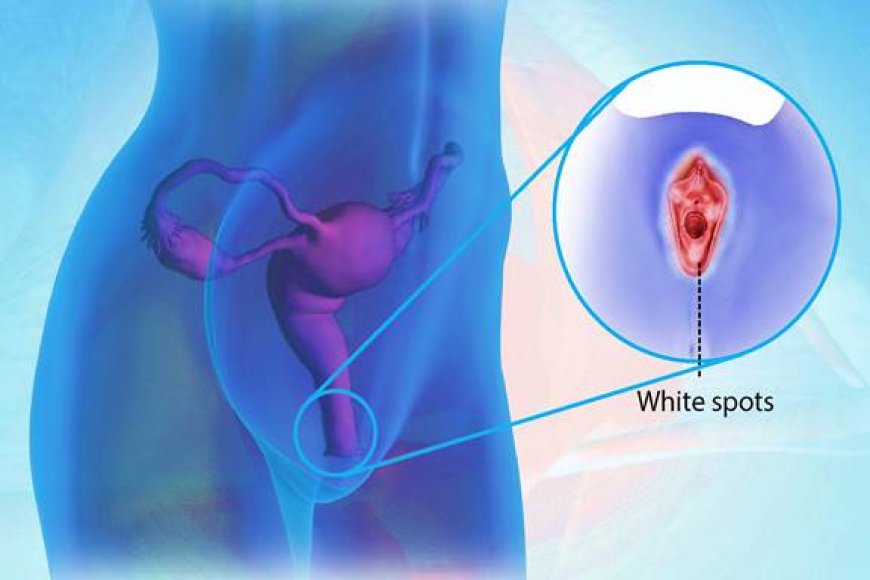
1 Itching and burning in the vulva and anus
2. Painful intercourse
3. White, patchy, or scar like skin in the affected area
4. Crinkled, thin, and fragile skin
5. Painful urination
6. Bleeding or tearing in the vulva
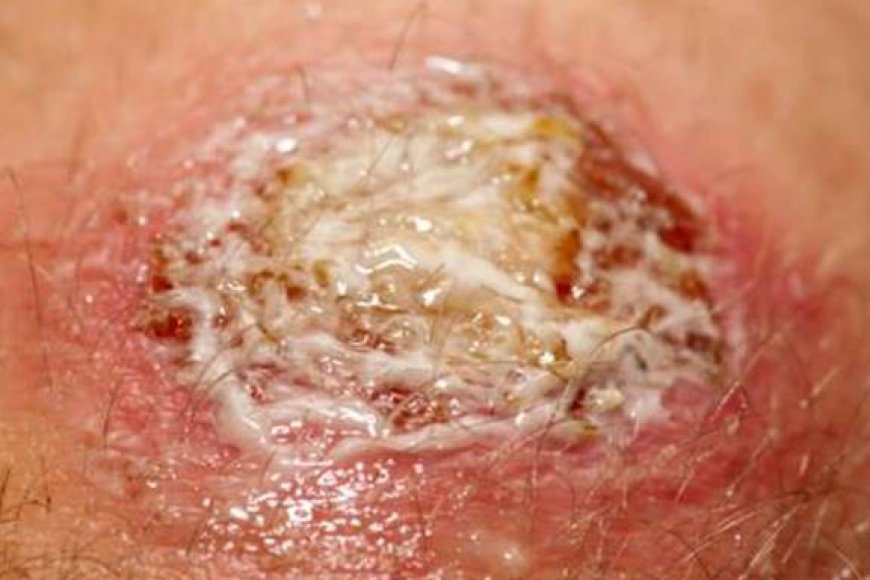
Although there is no complete cure for LS, the symptoms can be managed with the right treatment and self care measures. Treatment may vary depending on the severity of symptoms, but some of the common remedies include using topical corticosteroid creams, avoiding harsh soaps or feminine hygiene products, and wearing loose cotton clothing. Women with significant anatomical distortion or severe scarring may require surgical intervention.
It's essential to consult a health care provider with experience in managing this condition since lichen sclerosis can lead to discomfort and pain if left untreated.
Learn from the video also lichen sclerosus
Lichen sclerosus: what causes a flare up and how is it treated? - Online interview
Lichen Sclerosus & Lichen Planus | ChristiMD Medical Group
Women's Health & Vulvar Lichen Sclerosus with Dr. Angelle Brebnor

Frequently Asked Questions
What is the main cause of lichen sclerosus?
The exact cause of lichen sclerosus is unknown, but it is to be related to an overactive immune system and hormonal imbalances in some cases. Other possible causes include genetic factors, infections, and certain medications or other underlying conditions.
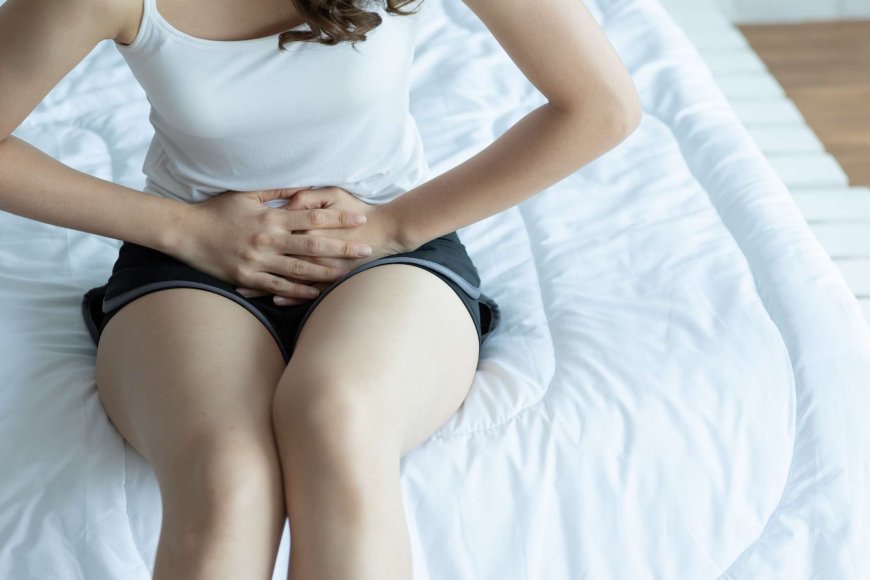
How do I get rid of lichen sclerosus?
Lichen sclerosus cannot be cured, but the symptoms can be managed various treatments. These may include topical corticosteroid creams or ointments, calcineurin inhibitors, ultraviolet light therapy, and surgical treatments in some cases. It's essential to consult a healthcare professional for a diagnosis and appropriate treatment plan.
What is the best treatment for lichen sclerosus?
The treatment for lichen sclerosus depends on the severity and location of lesions and usually involves the application of a potent topical corticosteroid cream or ointment. In addition to corticosteroids, Calcineurin inhibitors, vitamin A and D analogs, and ultraviolet light therapy are also used as treatment options in some cases. Also, maintaining good hygiene practices can help reduce irritation and further complications. It's best to consult a healthcare professional for a proper diagnosis and personalized treatment plan.
Can lichen sclerosus be serious?
Yes, lichen sclerosus can be serious. In some cases, can cause severe itching, discomfort, and pain in the genital area, leading to significant distress to the affected individual. If not detected and treated on time, lichen sclerosus can cause scarring which can result in a decreased ability to have intercourse or urinate , and can even lead to an increased risk of developing skin cancer. It's recommended to consult a healthcare professional for proper diagnosis and treatment.
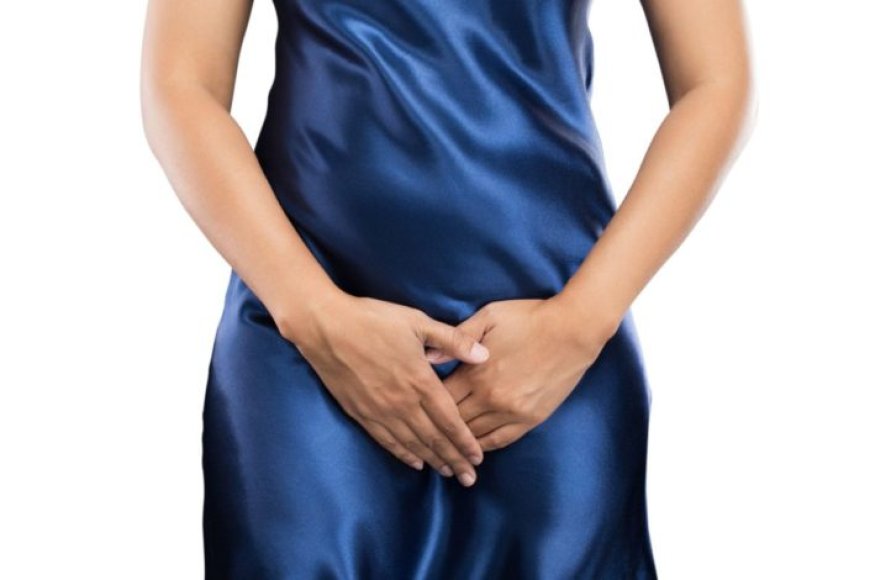
Is lichen sclerosus permanent?
Lichen sclerosus cannot be cured, but the symptoms can be managed proper treatment. With timely diagnosis and appropriate treatment, the progression of the condition can be slowed, and symptoms can improve significantly. However, different people may experience different reactions to treatment and symptoms may recur intermittently. Therefore, it's important for individuals with lichen sclerosus to work closely with their healthcare provider to manage the condition.
Can lichen sclerosus be cancerous?
Lichen sclerosus itself is not cancerous, but the condition has been with an increased risk of developing skin cancer in the affected areas. Regular checkups with a healthcare professional can help in early detection of any potential malignancy, and prompt treatment can prevent the progression of cancer.
What foods to avoid with lichen sclerosus?
There's no specific diet plan for lichen sclerosus. However, some individuals with lichen sclerosus may have skin -related allergies or sensitivities or an association with gut- related conditions such as inflammatory bowel disease (IBD). Identifying and avoiding foods causing allergic reactions or triggers such as gluten, dairy, sugar, and spicy food, may help in reducing flare - ups and managing the symptoms. It's best to consult a healthcare professional or a registered dietitian nutritionist to identify any specific dietary advice.
Is lichen sclerosus a fungus?
No, lichen sclerosus is not a fungus. It is a inflammatory condition that results in itchy, painful, and white-appearing patches on the skin. Its exact cause is not clear but it is believed to be related to an overactive immune response. Lichen sclerosus is neither contagious nor caused by any type of fungus.
Can lichen sclerosus be cured naturally?
There are no natural cures for lichen sclerosus, but some natural remedies can provide some temporary relief to the symptoms. These may include using aloe vera gel, coconut oil, tea tree oil, apple cider vinegar, or chamomile tea compresses to soothe the itching or burning sensation. However, these remedies should not be viewed as a substitute for medical treatment, and it is crucial to consult a healthcare professional for a proper diagnosis and treatment plan.
Can lichen sclerosus be stopped?
Lichen sclerosus cannot be stopped permanently once it develops, but its progression can be slowed, and its symptoms can be managed with proper treatment. It's important to consult a healthcare professional for an accurate diagnosis and proper treatment plan to prevent the condition from worsening and improve the quality of life. With early detection and effective treatment, lichen sclerosus in most cases can be successfully controlled.
What are the 3 types of lichen sclerosus?
There are no specific types of lichen sclerosus, but the three most common forms of lichen sclerosus include:
1. Vaginal lichen sclerosus - which affects the genital area in women
2. Penile lichen sclerosus - which affects the genital area in men
3. Extragenital lichen sclerosus - which can appear anywhere else on the body, such as on the wrists or upper body.
However, the symptoms are similar in all types of lichen sclerosus, and it's important to seek medical attention promptly regardless of the affected area.
What is the best natural remedy for lichen sclerosus?
There is no one-size- fits-all natural remedy for lichen sclerosus as each person's experience with the condition is unique. Some natural remedies that may help to alleviate symptoms include using aloe vera gel, tea tree oil, borage oil, vitamin E oil, and chamomile tea compresses.
Is coconut oil safe for lichen sclerosus?
Coconut oil is considered safe for lichen sclerosus as it has natural antibacterial and anti-inflammatory properties that can help to relieve itching, burning, and pain associated with lichen sclerosus. However, while it can be used to soothe symptoms, it is not considered a cure for the condition, and proper medical treatment should still be sought. Additionally, individuals who may be allergic to coconuts should avoid using coconut oil.
Does lichen sclerosus spread?
Lichen sclerosus is not contagious and cannot be spread from one person to another. However, it may spread to other parts of the body, especially if left untreated, especially if there is trauma or irritation in that area. Regular medical follow-up and timely treatment can help to prevent the condition from spreading and causing further complications.
Is lichen sclerosus common?
Lichen sclerosus is a relatively rare disorder that occurs more commonly in women than in men. It most commonly affects individuals who are postmenopausal or prepubertal. While its prevalence in the general population is not well-defined, lichen sclerosus is estimated to affect less than 1% of the population, and it is not considered a common condition.
What virus causes lichen sclerosus?
Lichen sclerosus is not caused by a virus. The exact cause of lichen sclerosus is not known, but it is believed to be an autoimmune disorder that may be triggered by genetic, hormonal, or environmental factors. While research suggests that infections such as hepatitis C may play a role in lichen sclerosus, no specific virus has been identified as a cause of the condition.

We provide you with authentic, trustworthy and revelant information

Have issue with the content?
 Disclaimer
Disclaimer
The information given on our website www.uterusq.com is being posted only for the purpose of knowledge and information, before using them, choose them completely and check the correctness with your subject matter expert. We (www.uterusq.com) have no responsibility for any kind of loss.








